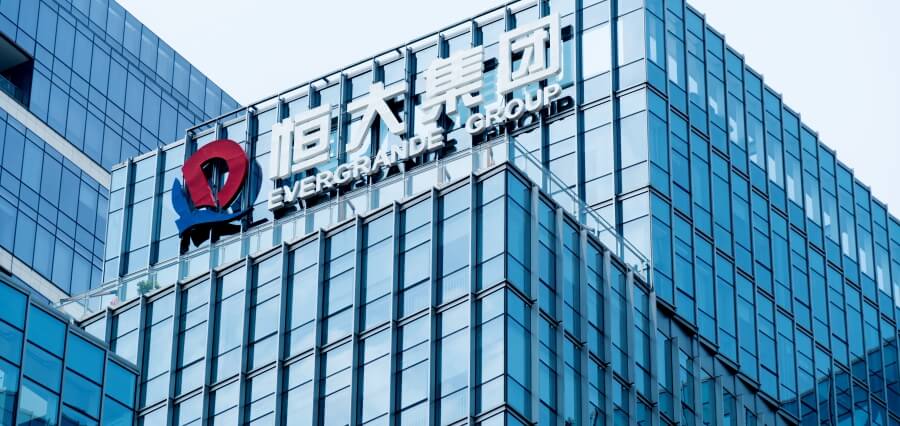As policymakers struggle to stem a worsening crisis, a Hong Kong court on Monday ordered the liquidation of China Evergrande Group (3333.HK), a massive real estate company. This decision is expected to have repercussions for China’s collapsing financial markets.
After noting that Evergrande had not been able to present a viable restructuring plan more than two years after missing a bond repayment and following multiple court appearances, Justice Linda Chan made the decision to liquidate the developer that was the most indebted in the world, with a total of liabilities over $300 billion.
Chan stated, “It is time for the court to say enough is enough.” She will provide her thorough justification later on Monday.
Siu Shawn, the chief executive of Evergrande, told Chinese media that even with the liquidation order, the company will make sure home building projects are completed. He said that neither the onshore nor offshore operations of Evergrande would be impacted by the injunction.
Given the numerous authorities involved, the judgment sets the stage for what is anticipated to be a convoluted and complex process with possible political concerns. When a firm fails, offshore investors will pay close attention to how Chinese authorities handle debtors from other countries.
According to Gary Ng, senior economist at Natixis, “it is not an end but the beginning of the prolonged process of liquidation, which will make Evergrande’s daily operations even harder.” “As most of Evergrande’s assets are in mainland China, there are uncertainties about how the creditors can seize the assets and the repayment rank of offshore bondholders, and situation can be even worse for shareholders.”
Prior to the hearing, Evergrande’s stock had experienced a 20% decline in value. Following the decision, trading was suspended in China Evergrande and its publicly traded subsidiaries, Evergrande Property Services (6666.HK) and China Evergrande New Energy Vehicle Group (0708.HK).
With $240 billion in assets, Evergrande’s financial default in 2021 put the beleaguered real estate industry into a tailspin. The liquidation verdict is expected to further rattle the already shaky Chinese capital and real estate markets.
Beijing’s economy is struggling, the real estate market is at its lowest in nine years, and the stock market is languishing close to five-year lows. As a result, any new shock to the system could jeopardize authorities’ attempts to spur growth.
On Monday, Evergrande requested yet another postponement, citing “some progress” in the restructuring plan according to its attorney. In the most recent proposal, the developer suggested that creditors exchange their loans for all of the company’s shares in its two Hong Kong units, as opposed to approximately 30% of the subsidiaries’ shares prior to the most recent hearing in December.
The attorney for Evergrande contended that the company’s operations, including its electric vehicle and property management divisions, could be negatively impacted by liquidation, so impairing the group’s capacity to pay back all of its creditors.
For nearly two years, Evergrande had been collaborating with the ad hoc bondholder group, a collection of creditors, on a $23 billion debt restructuring plan.
The company’s failure to communicate with the ad hoc group is the reason for the outcome, according to Fergus Saurin, a lawyer at Kirkland & Ellis who had provided advice to the offshore bondholders. “Last-minute engagements that fizzled out have happened before. Furthermore, the company’s wounding is entirely its own fault given the conditions.”





